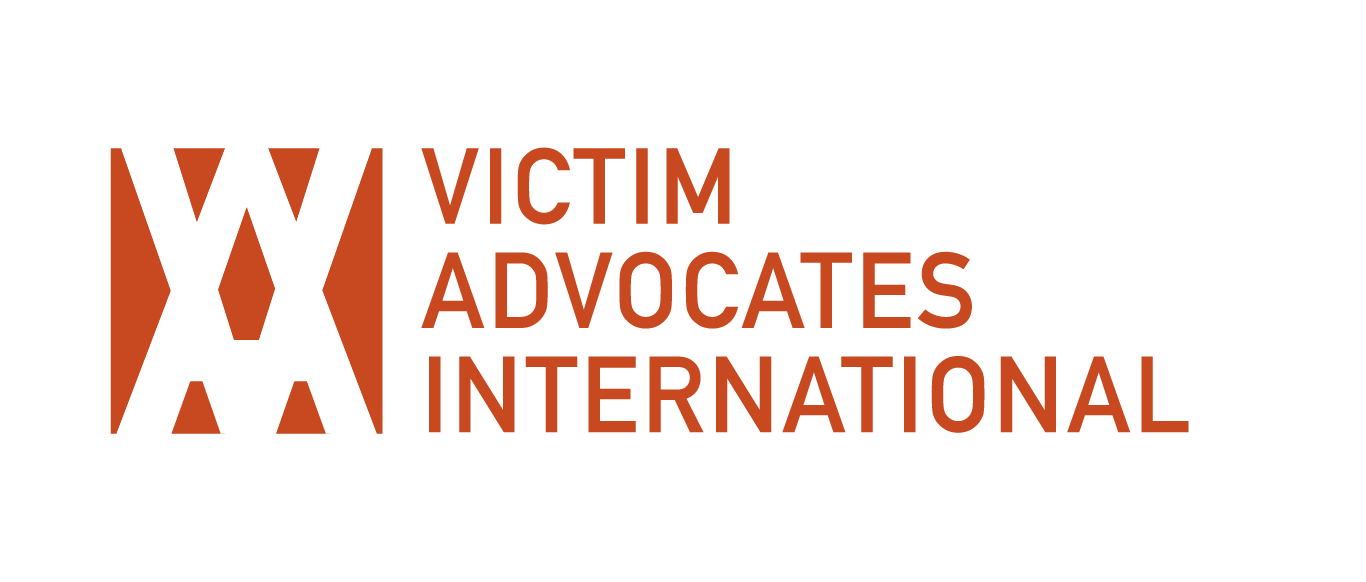Rohingya Groups Submit Amicus Curiae Brief
Rohingya groups submit amicus curiae brief in Argentinian “universal jurisdiction” appeal.
On 23 August 2021, six Rohingya civil society groups in Cox’s Bazar, Bangladesh, submitted an amicus curiae brief in appeal proceedings before the Federal Criminal Appeals Court in Buenos Aires.
The appeal seeks to reverse the lower court’s decision not to proceed with an investigation into the crimes committed during and leading up to the 2017 clearance operations, during which 750,000 Rohingya fled from Myanmar into neighbouring Bangladesh.
The Amici are composed of the Arakan Rohingya Society for Peace and Human Rights, the Rohingya Youth for Legal Action, the Rohingya Women Development Forum, the Rohingya Women’s Empowerment and Advocacy Network, the Rohingya Student Unity and Rights, and the Rohingya Peace Innovation Unity.
They are seeking to intervene in the appeal proceedings on the basis that investigations and proceedings before the Argentinian courts will address crimes and conduct which do not fall within the limited jurisdiction of the present International Criminal Court investigation, and that any ultimate findings will be relevant to the proceedings before the International Court of Justice, which is seized with the question of whether Myanmar has breached of its obligations under the Genocide Convention (1948). As such, these processes are not overlapping, but complementary.
Specifically, the Amici do not dispute that an “Independent Commission of Enquiry” was established in Myanmar, which acknowledged the existence of the clearance operations and crimes against the Rohingya. However, the Commission found “no credible statements” of allegations of gang rape, and claims to have only heard second-hand reports of any alleged rapes occurring. Among the Amici are female, male and Hijra (female transgender) victims of sexual violence. Should domestic transitional justice processes in Myanmar proceed on the basis of the Commission's findings, their experiences and narratives will be rendered invisible.
The Amici also challenged the lower court’s finding that the exercise of universal jurisdiction requires a cultural, socio-political or immigration link that is missing between Argentina and the Rohingya. The Amici submit that requiring such a narrowly defined link between the victim community and the prosecuting state is inconsistent with the fundamental purpose of the exercise of universal jurisdiction, which is grounded in a commitment to justice for vulnerable communities, and the end of impunity for perpetrators of crimes that shock the collective conscience. The Amici submit that the Rohingya are one of the most marginalised and vulnerable populations in history, with the extent of their victimisation currently matched only by the extent of impunity to those who victimise them. In acting to prosecute the perpetrators of the atrocities against them, Argentina would be acting on the basis of its collective humanity, an ideal that sits at the very heart of the exercise of universal jurisdiction.
The Amici have been supported in their intervention by Victim Advocates International and are represented by lawyers Eva Buzo, Clare Brown, Dr Roberto Durrieu and Kate Gibson.

